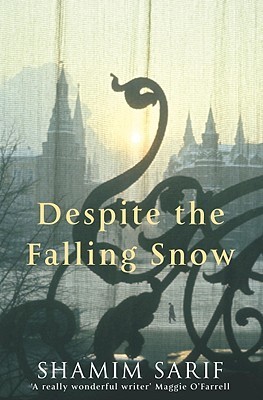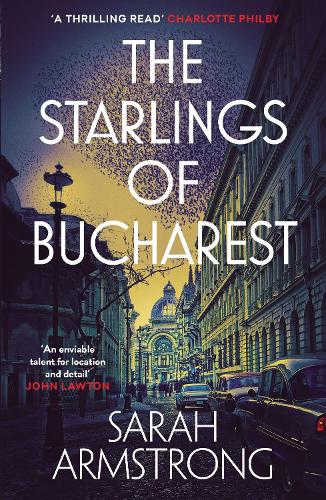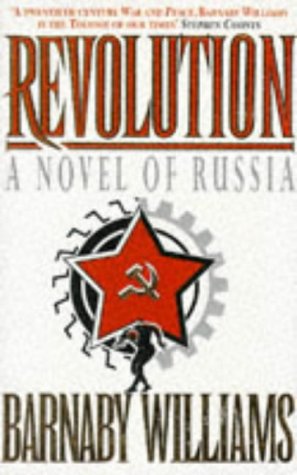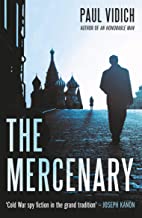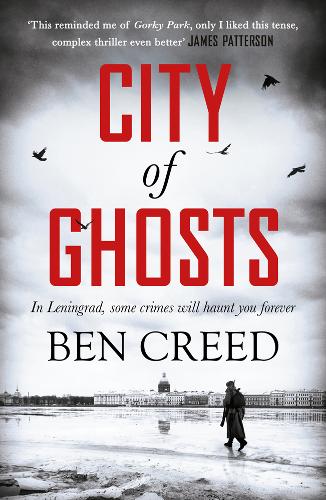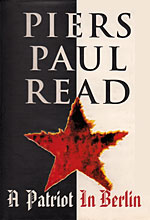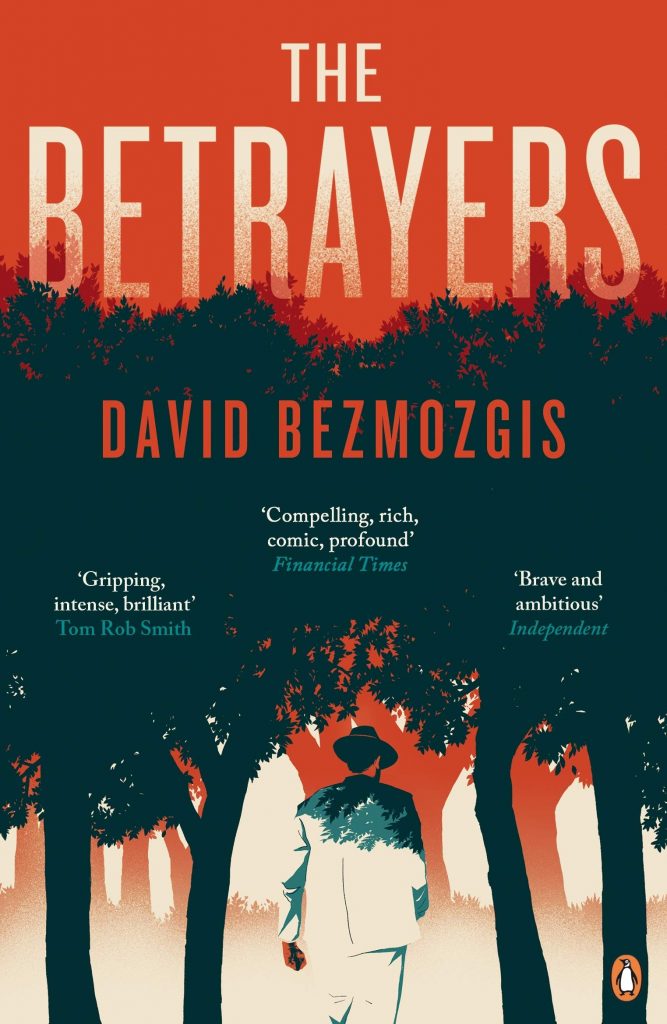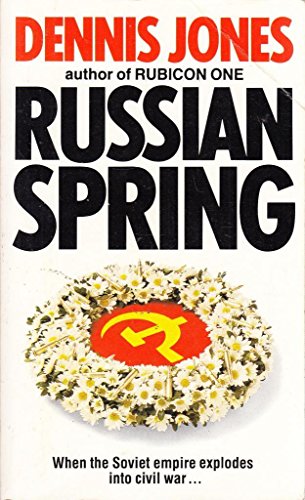
Russia in Fiction has developed a bit of a fascination for books published in the Chernenko era. We did not intend this. After all, Chernenko did not really have an era.
Konstantin Chernenko was in office as General Secretary of the Communist Party of the Soviet Union for less than a year from April 1984. He followed on from Yurii Andropov’s comparatively lengthy 15 months in that role. And both came at the end of nearly a decade in which the Soviet superpower had been ruled by a gerontocracy —between the time that Leonid Brezhnev died for the first time in 1976* and a sprightly Mikhail Gorbachev came to power at a mere 54 years of age in March 1985.
*According to Moscow News, in a revelation made during the Gorbachev years, Brezhnev was declared clinically dead in 1976 but was revived to carry on at the head of the Soviet superpower for six more years.
upi.com/Archives/1988/09/08/Brezhnev-once-pronounced-clinically-dead-revived

